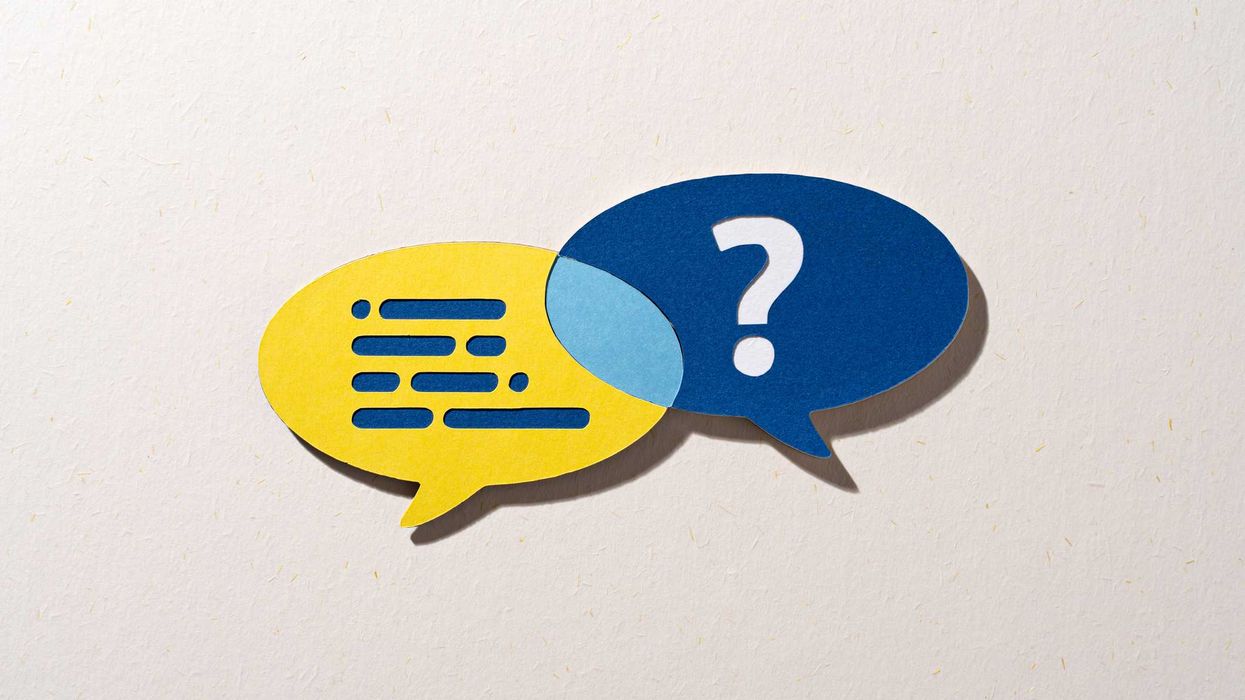Why do people on the other side of the political spectrum often seem not just misinformed—but morally wrong? Why do even good-faith attempts at cross-partisan conversation so often stall or turn hostile?
These questions are not new—but in an era of social media outrage, partisan media bubbles, and eroding trust in institutions, they feel more urgent than ever. Fortunately, there is a growing body of research that helps us move beyond frustration and toward a deeper understanding of what drives our political differences—and how we might begin to bridge them.
One of the most compelling contributions to this conversation comes from Dr. Ronnie Janoff-Bulman, Professor Emerita at the University of Massachusetts Amherst and a leading scholar in the field of moral psychology. In her latest book, “The Two Moralities: Conservatives, Liberals, and the Roots of Our Political Divide,” she outlines a powerful new framework that helps explain why liberals and conservatives so often talk past each other—and why each side believes it holds the moral high ground.
On Tuesday, Oct. 21, at 1:00 p.m. ET, Dr. Janoff-Bulman will join me for a live webinar episode of The Unity Forum, a cross-partisan discussion series powered by Alumni for Freedom & Democracy. Our 45-minute conversation will explore the psychological roots of political polarization, the growing threat of authoritarianism, and how mutual moral misunderstanding continues to deepen America’s civic divide.
You can register to attend the free webinar here: https://us06web.zoom.us/webinar/register/WN_YudVkYCET9aLQEmZqBYsIg]
The Psychology of Political Morality
Dr. Janoff-Bulman's theory centers on two distinct moral frameworks: proscriptive morality, which emphasizes avoiding harm and maintaining social order (more often associated with conservatism), and prescriptive morality, which focuses on promoting well-being and social justice (more often associated with liberalism). Both moralities are deeply human—and deeply moral—but they are often in tension with each other.
This tension becomes toxic when one side views the other not as “wrong,” but as immoral—a perception that shuts down empathy, blocks dialogue, and fuels dehumanization. In this light, the deepening political divide in the U.S. is not just about policy disagreements but about fundamentally different moral lenses.
As we explore in the webinar, Dr. Janoff-Bulman argues that both sides offer vital moral contributions—and that a sustainable democracy may, in fact, depend on maintaining a balance between these two orientations. Without mutual recognition of moral legitimacy, compromise becomes weakness, and democratic systems break down.
A Path Toward Unity?
Our conversation will also touch on how media, technology, and political strategy have amplified and distorted these moral narratives. We’ll explore how many voters—especially working-class conservatives—may prioritize moral identity over economic self-interest. And we’ll ask what liberals and conservatives can do to better understand each other’s motivations without sacrificing their own principles.
Finally, we’ll close with some practical advice: how can families and communities have more productive conversations across political divides—especially during the upcoming holidays, when many of us will gather with loved ones whose views differ from our own?
Join the Conversation
The Unity Forum exists to elevate thoughtful dialogue and civil engagement across ideological lines. We believe that understanding—even without agreement—is a necessary foundation for a healthier democracy.
If you're curious about the moral roots of our political divide—or if you’re simply looking for a more constructive way to engage with difficult conversations—we invite you to join us for this important and timely discussion.
Register for the webinar at: https://us06web.zoom.us/webinar/register/WN_YudVkYCET9aLQEmZqBYsIg
Date: Tuesday, October 21st
Time: 1:00 pm ET
Location: Zoom (link provided upon registration)
Chris Malone is the host of The Unity Forum. Malone is Founder of Fidelum Group and co-author of the award-winning book, “The HUMAN Brand: How We Relate to People, Products & Companies.”




















